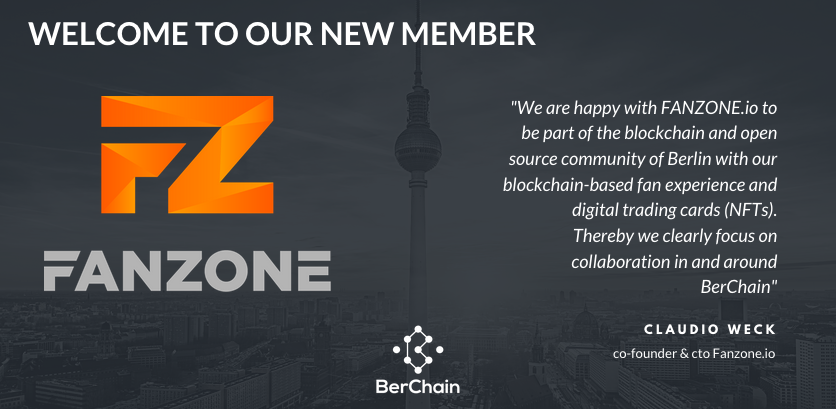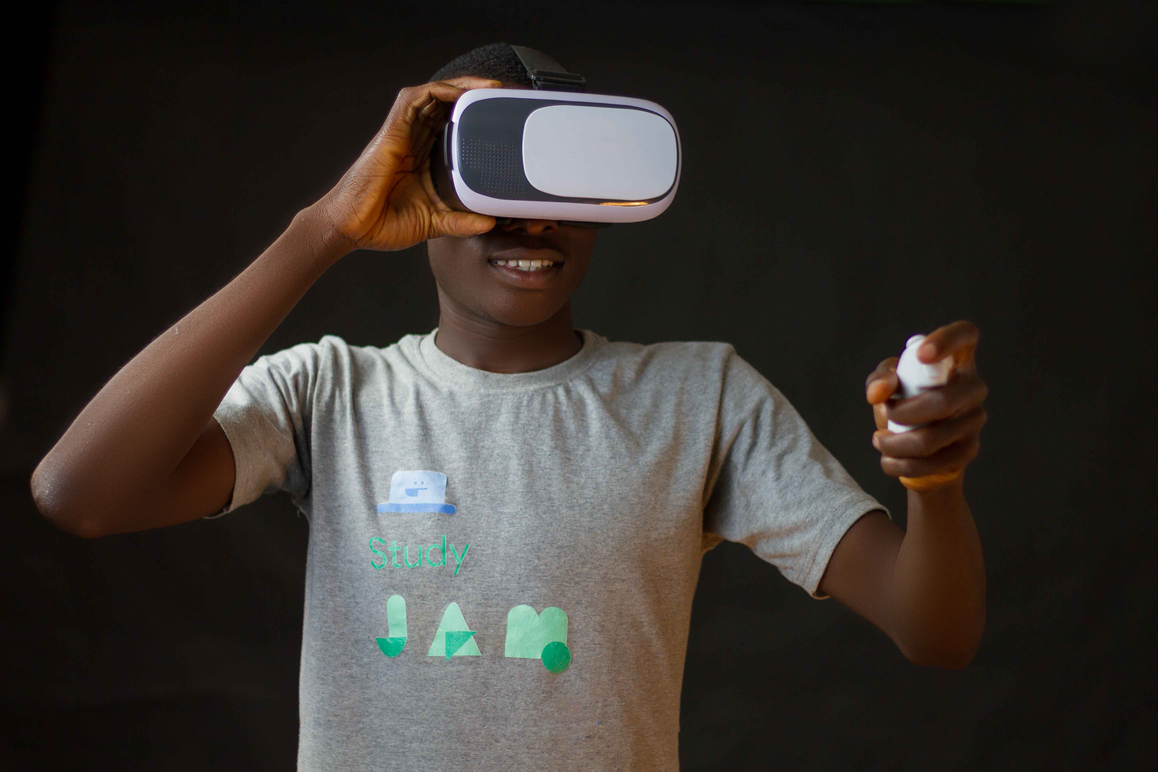
Interview with our new member Fanzone
As you know the number of our members continues to grow and we are very proud of each and every one of our members. That is why we decided to start interviews with them and give our community an introduction to their company. This time it is Fanzone and we were lucky to have Claudio Weck as our interview-partner.

- On behalf of BerChain I would express that we are very glad to have you onboard! What is the work you bring forward with Fanzone?
We believe in power and positive impact of fans – and create a blockchain-based fan experience for athletes, stars, teams and entire sports leagues.
To do this, we are first create fan communities with digital trading cards (NFTs) and associated engagement, along with various game modes (Fantasy Sports & Trading Card Game).
At launch we start with the Germany Football Association (DFB) as official partner with the German National Teams (“Die Mannschaft”, the Women’s National Team and U21). Soon we will also announce more partners, sports lounges and fan zones.
We have also been working on these topics for a while, from Gaming, Fantasy Sports & NFTs with CEO Dirk Weyel and our pilot to blockchain-based fan engagement with the TAG Heuer Porsche Formula E Team of the 2019/2020 season by CTO Claudio Weck.
You can find further information on https://www.fanzone.io
- Why did you join BerChain?
For us, BerChain has symbolized the great and open exchange on blockchain for years. Since we have now incorporated as Fanzone Media GmbH – joining BerChain e.V. was no question at all.
We are very happy to exchange ideas with the BerChain community and are always happy to be found at meetups and hackathons before and after COVID.
- In your opinion what are the biggest obstacles to widespread mainstream adoption of blockchain and Distributed Ledger Technologies (DLT) and what can be done to overcome these obstacles?
First, and this is something we are also working on, user-friendliness must increase. Blockchain technology must no longer be a technical barrier to entry.
The next step is collaboration and interoperability, again we are trying to enable an open ecosystem where developers and users are rewarded for collaboration.
As an overall societal task, but with that in the blockchain space, sustainability and environmental protection is also an important task that plays a role for us and our users.
Together with LUKSO’s blockchain and the ERC725 standard, we believe we have found a good solution user friendliness and true (non-custodial) decentralization.
- Where do you see the Blockchain industry in 10 years?
The benefits of Blockchain and DLT unfold primarily through the connection of more and more linked applications, processes and networks, thereby in 10 years already a strong exponential growth will have taken place.
Blockchain and DLT will have solidified the backbone of the ‘Internet of Value’ in our minds – and digital assets and possessions will be ubiquitous seen as normal. In the process, the technology is taking a back seat like today’s protocols such as ‘http’.
While the business world is moving a bit slower until processes are done in ‘real-time’, it will be normal in the everyday life of today’s smartphone users much sooner to engage in blockchain-based communities and to use a multitude of decentral apps.
- What are your latest projects in the space as Fanzone?
We are currently working on digital trading cards, so-called NFTs, for athletes, teams and whole teams.
However, not only the assets are on the blockchain, but also the users. With decentralized user profiles according to the ERC725 standard or LUKSO standard proposal 1-3, a network of users, athletes, stars and digital assets is created.
You can find more details on: http://medium.com/fanzone-io
This is exciting, but also complex. For developers who are interested, we can recommend: https://www.fanzone.media/jobs
- What do you find exciting about the Berlin Blockchain Ecosystem?
Berlin and blockchain are a great fit.
We find the blockchain community in Berlin great, especially the open source and startup culture about it. We also believe in open source, public, permissionless and true decentralization.
In contrast to Silicon Valley, the ideas and approaches of entrepreneurs and developers are also more distributed here.





